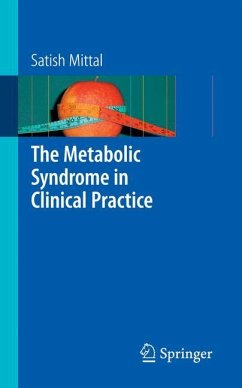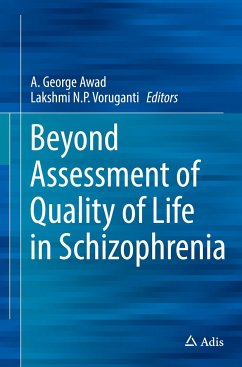
Metabolic Control

PAYBACK Punkte
76 °P sammeln!
The HEP issue on Metabolic Control provides a state-of the art overview over both classical concepts and emerging areas in metabolism and associated disorders. In this context, metabolic control is highlighted at various levels of complexity ranging from transcriptional mechanisms in metabolic pathway control over metabolic communication routes in physiology and pathophysiology to current treatment modalities and options in metabolic disorders, including type 2 diabetes and obesity. Dedicated chapters by leading experts in their fields provide a concise overview over important areas in metabol...
The HEP issue on Metabolic Control provides a state-of the art overview over both classical concepts and emerging areas in metabolism and associated disorders. In this context, metabolic control is highlighted at various levels of complexity ranging from transcriptional mechanisms in metabolic pathway control over metabolic communication routes in physiology and pathophysiology to current treatment modalities and options in metabolic disorders, including type 2 diabetes and obesity. Dedicated chapters by leading experts in their fields provide a concise overview over important areas in metabolic research at a molecular level, including the role of the central nervous system in metabolism, inflammation and metabolism, pancreatic hormone signaling, brown adipose tissue, and therapeutic concepts.












